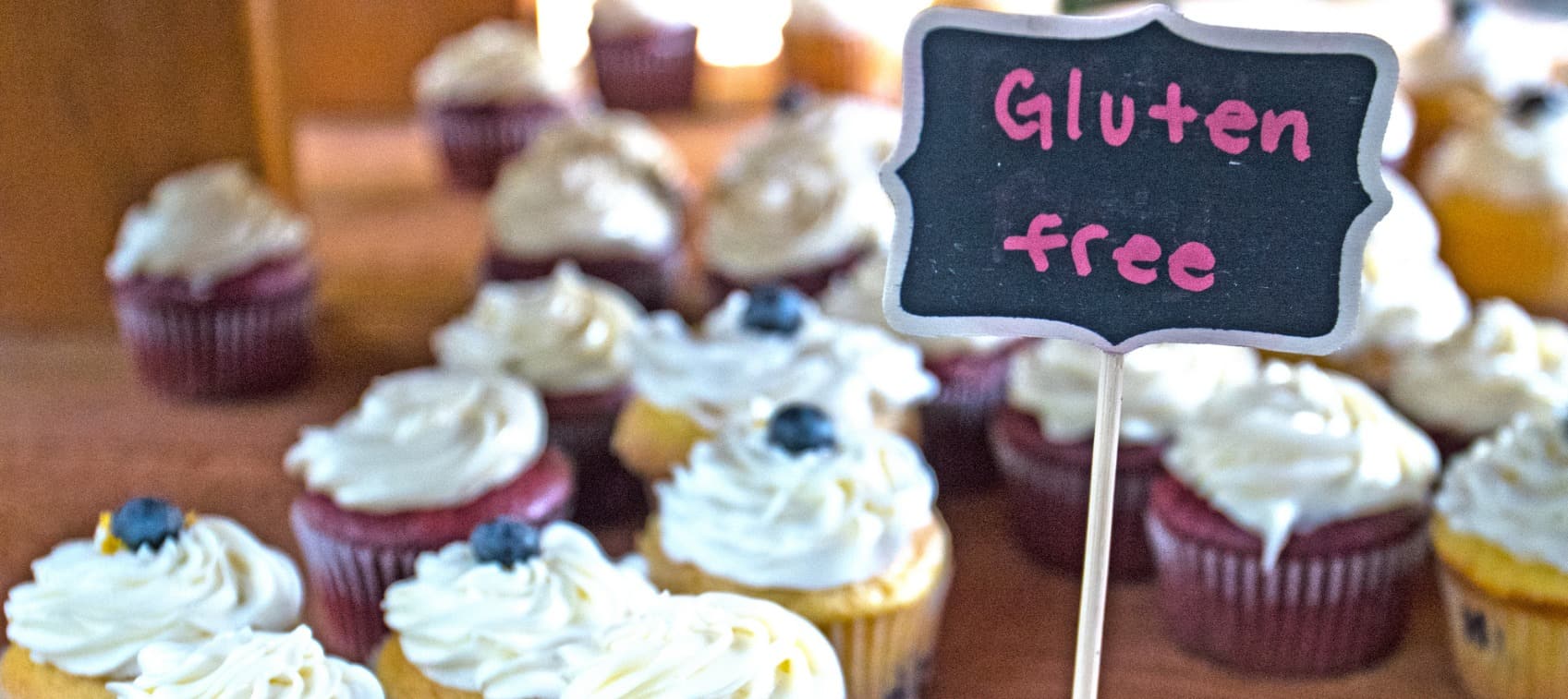
I believe education about food is important, especially since we are bombarded with advertisements that claim certain foods are “healthy” when, in fact, that is far from the truth.
Many snack foods on the market are so processed, high in sugar, and filled with chemicals and unnecessary additives that I don’t think they should even be classified as food or marketed and sold for human consumption. However, I blame that on the manufacturers and stealth marketing, not on the innocent consumer.
That said, these foods aren’t going away anytime soon. So, I want to give you, the consumer, the tools to put yourself in the driver’s seat and empower your decisions about what you buy for yourself and your family.
Most ‘junk foods’ that contain high fructose corn syrup, hydrogenated oils, and synthetic food dyes are an unwise choice for regular consumption by most people. You can eat them as a rare treat or choose a healthier alternative.
6 Foods People Think Are Healthy but Aren’t
The problem is foods that people may eat regularly, believing they are healthy choices because they are misled by the label. I’ve listed 6 foods below that fall into this category.
1. Protein Bars
Protein bars can be a super-quick fix for hunger when you are on the go. I get it! For myself and for our kids, especially, I almost always have a bar in my car or my purse for an emergency low-blood-sugar-impeding-meltdown situation. However, I have found that I need to be really careful about reading labels. A lot of unnecessary and unhealthy ingredients can be packed into bars.
I avoid bars that contain:
- a long list of ingredients
- ingredients or chemical names I can’t pronounce or identify
- high fructose corn syrup or glucose solids (often from GMO corn)
- soy protein (especially if it is not labeled organic or Non-GMO)
- artificial flavors and colorings
- gluten (all the bars we choose are gluten free)
2. Gluten-free substitutes
We are gluten free, so it is very tempting to try all the new GF alternatives I see popping up in the grocery store. Sometimes I indulge—especially if we are going to a party and I am not sure if there will be GF alternatives. But just as regular party foods are a rare treat, so are their gluten-free counterparts.
They’re often made with highly glycemic refined carbohydrates, with added sugar to make them taste good. And just like any dry carb—be it a goldfish, bunny or pretzel—that can be mindlessly ingested in large quantities without really satiating or providing much nutritional value, having ‘GF’ printed on the box doesn’t make it any healthier. Gluten-free alternatives can also often contain corn, soy and canola oil that may be genetically modified, so be mindful of this.
Naturally gluten-free whole foods, such as fresh fruits and veggies, are a much better substitute.
3. Low-fat Food Items
Since the fat-fearing era of the 1980s, when fat was demonized and fat-free products flooded the grocery stores, fat has had a negative connotation for many Americans. It is still common to see fat-free alternatives for dairy products, peanut butter, and many other foods.
Fat is a natural stabilizer and when it is removed, something else needs to be put in its place to keep the food from going rancid faster. These additives often include excess carbohydrates in the form of sugar, salt, and stabilizing gums. As long as it is organic (particularly important for dairy foods) and isn’t a hydrogenated oil or GMO oil such as canola or soy oil, higher-fat meal options in smaller portions make you feel satiated sooner and longer than low-fat options.
4. Fruit-filled Yogurts
If you can tolerate dairy, naturally fermented yogurt is a great food with the added benefit of some gut supportive probiotic organisms. The fruit flavors, however, often contain a lot of added cane sugar as a sweetener. You are much better off using a plain yogurt and adding your own fresh or frozen fruit. If you need to, you can add a drizzle of raw honey or maple syrup to lightly sweeten it.
5. Diet Soda
Drinking soda is an easy way to get excess calories that provide no nutritional value. Regular soda is often filled with sugar in the form of high fructose corn syrup, derived from GMO corn. Reaching for the diet soda, we have been told through marketing, sounds like a healthier option…but it isn’t.
Diet soda contains aspartame, which has been shown to have a neurobehavioral effect. Those who consumed higher amounts of aspartame showed impaired cognitive function with more episodes of irritability and depression.
Healthier alternatives to soda include:
- Natural mineral water such as San Pellegrino.
- Naturally flavored sparkling water such as La Croix, free of sugars, calories, sodium, and artificial ingredients
- Your own homemade SodaStream bubbly with a splash of pomegranate juice or fresh squeezed citrus and a few drops of stevia if needed
- A stevia-sweetened soda, such as Zevia, without artificial ingredients, sugar or calories
6. Sports Drinks
Sports drinks such as Gatorade and vitaminwater are marketed to “replenish what you sweat out” by containing electrolytes or performance-boosting vitamins. You can easily knock back an entire thirst-quenching bottle without looking at what else it contains.
Electrolytes are important and replenishing them is too, especially if you live in a hot climate or are active in sports. However, it is really common to gulp down excess sugar and synthetic food dyes in these drinks.
I like that vitaminwater uses natural vegetable dyes as coloring agents (unlike Gatorade, which has synthetic food dyes). However, they both use easily 27–34 grams of sugar per bottle, which equals over 5 teaspoons of sugar. To put this into perspective: it’s just as much or even more sugar than you would get drinking a can of Pepsi!
Vitaminwater zero sounds better, as it is sweetened with stevia and erythritol (which is made from GMO corn). Gatorade also has a Zero version, which is sweetened with the artificial sugar sucralose (aka Splenda.) But these alternatives still contain GMO ingredients.
Instead of a sports drink, grab a natural electrolyte drink such as pure coconut water (without added sugar) or an electrolyte tablet or powder that can be mixed into your drinking water.
Your Diet Affects Your Gut Health
Everything you eat has an impact on your gut. And your gut is the cornerstone of health for many other systems in your body. That’s why it’s so important to do your best to keep it clean! Food and beverage choices should nourish and sustain us instead of stressing our systems by triggering blood sugar imbalances or adding chemical ingredients that our bodies have to work hard to process and eliminate. Aim for cleaner, less processed options and your body will thank you.
REFERENCES:


